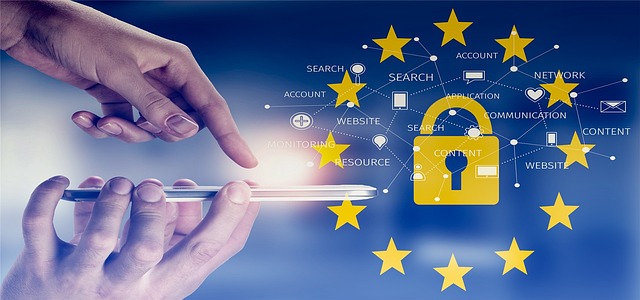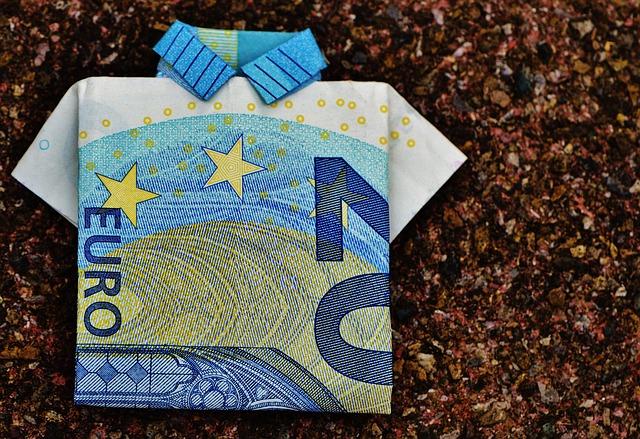Navigating Technology Etiquette in the Era of GDPR: A Look at Social Trends in Cybersecurity
In a world increasingly driven by technology, the principles of GDPR (General Data Protection Regulation) not only serve as legal frameworks but also as ethical guidelines for individuals and organizations alike. As we delve into the intersection of technology etiquette and social trends in cybersecurity, the importance of respecting privacy and fostering trust cannot be overstated.
Understanding Technology Etiquette
Technology etiquette refers to the unwritten rules and expectations that govern how we interact with technology and with one another in the digital space. In this era, especially post-GDPR, it’s crucial to understand that every online action carries a responsibility. Users must be mindful of their digital footprints, recognizing that any shared information may potentially impact others’ privacy.
For instance, before sharing someone’s personal content or information online, it’s essential to seek permission. This basic rule not only adheres to GDPR principles but also promotes a culture of respect in our digital interactions. Practicing good technology etiquette involves understanding data security measures and ensuring that personal information remains confidential and protected.
The Role of GDPR in Shaping Social Trends
Since the implementation of GDPR, there has been a noticeable shift in how organizations approach data protection and privacy. Companies that prioritize GDPR compliance demonstrate a commitment to protecting their users’ rights, which has, in turn, led to enhanced consumer trust. This trust is vital in building lasting relationships between organizations and their customers.
As consumers become more informed about their rights under the GDPR, they are increasingly advocating for transparency and accountability from businesses. Trends suggest a growing demand for clear communication regarding data usage and privacy policies. Organizations that effectively communicate their compliance with GDPR not only appeal to the ethical sensibilities of consumers but also distinguish themselves in a competitive marketplace.
The Emergence of Social Trends in Cybersecurity
In the realm of cybersecurity, individual behaviors significantly influence broader social trends. With more data breaches and cyber threats making headlines, the public is becoming increasingly aware of the importance of cybersecurity hygiene. People are more vigilant about the applications and platforms they use, leading to an uptick in demand for secure technologies and practices.
Moreover, the growing awareness of cybersecurity issues has sparked community-driven initiatives where individuals share knowledge and resources about safeguarding personal data. This collaborative spirit not only educates users about the potential risks but also fosters a sense of collective responsibility that aligns with GDPR principles. The prevalent mindset emphasizes that cybersecurity is not solely the responsibility of businesses; individuals are active players in protecting their own data.
Embracing a Culture of Responsiveness
The evolution of technology etiquette alongside GDPR has ushered in an era that values responsive communication. Businesses that listen to customer concerns and adapt their practices accordingly will create environments where users feel secure. Responsiveness, combined with a robust approach to data protection, enhances customer loyalty and satisfaction.
As we navigate this dynamic landscape, it’s essential to remain adaptable and aware of the continuous changes in both technology and consumer expectations. By embracing GDPR and fostering responsible technology etiquette, we can collectively contribute to a safer digital world.




